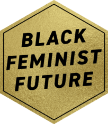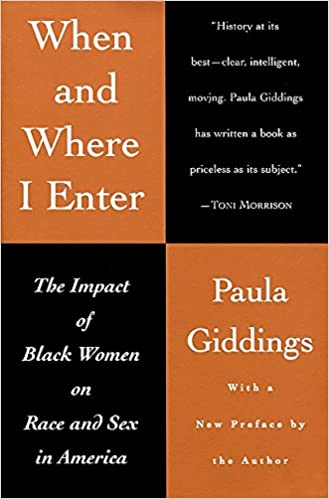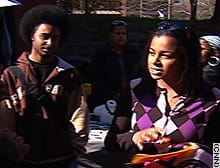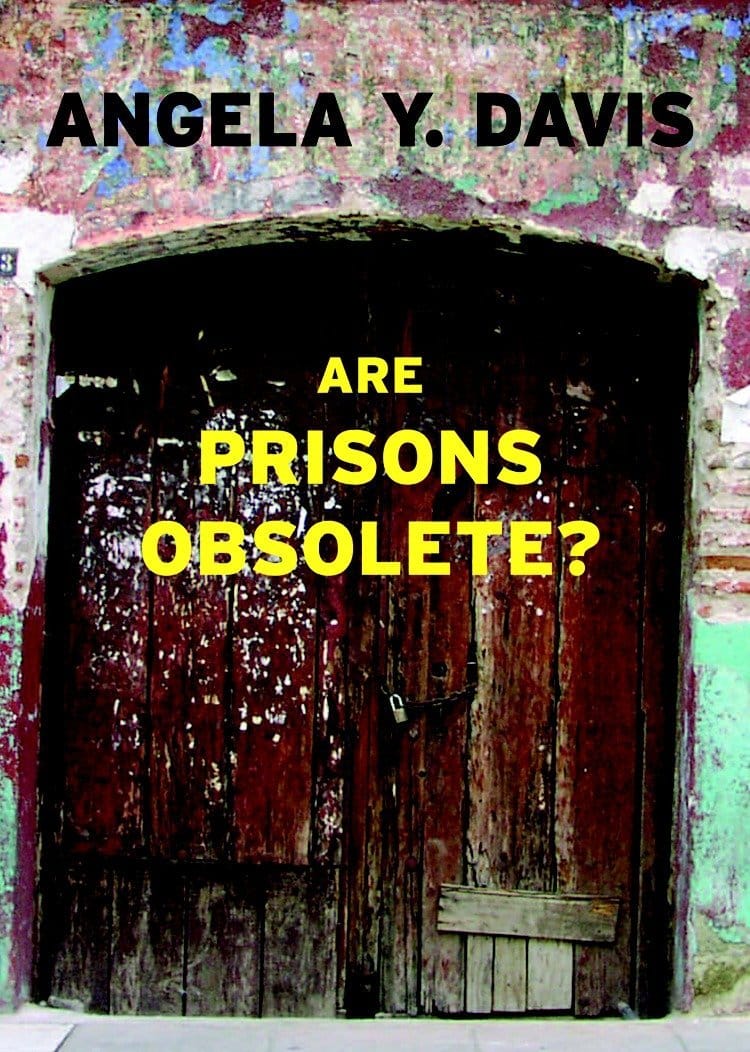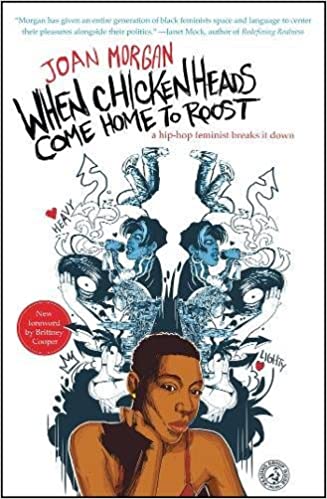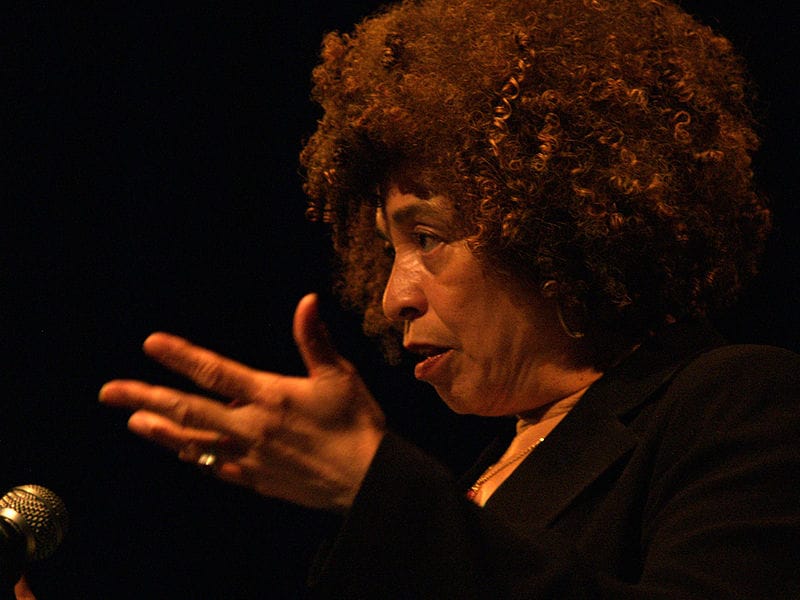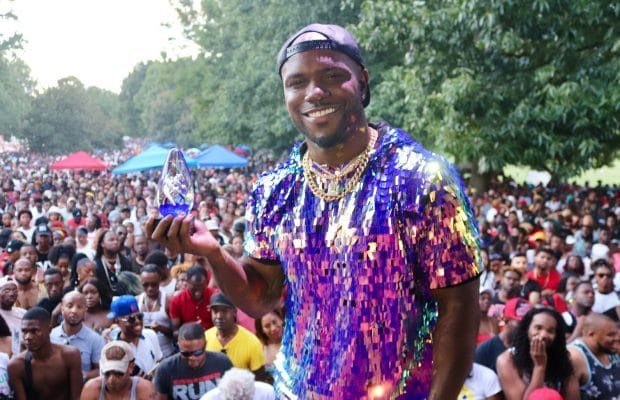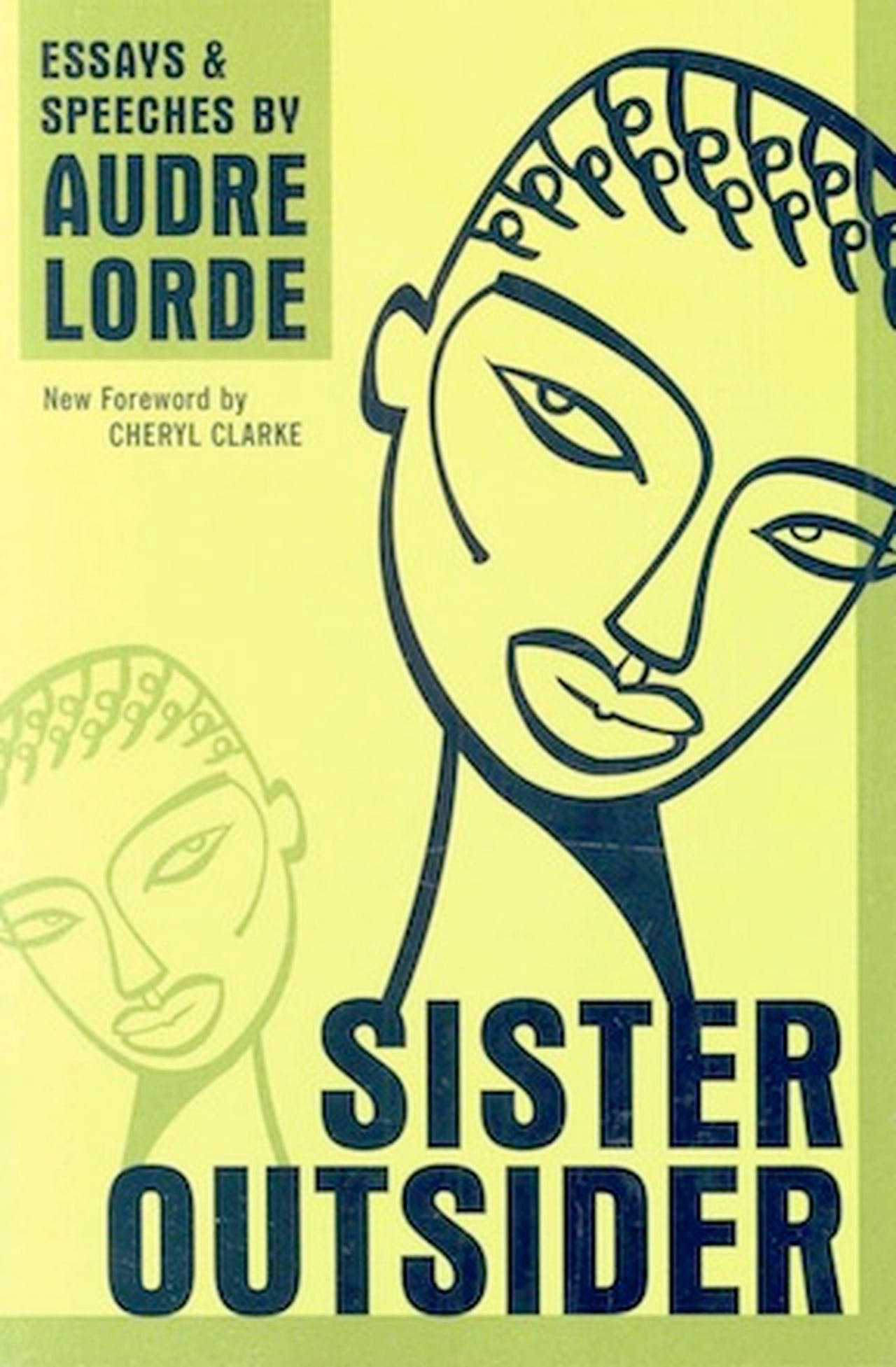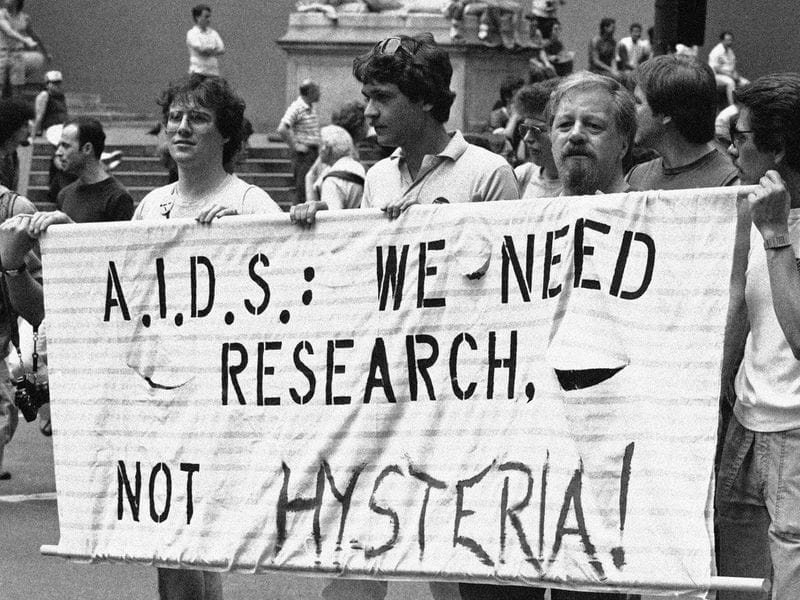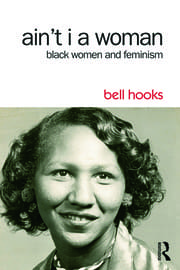In the 2007 book When and Where I Enter: The Impact of Black Women on Race and Sex in America, Paula Giddings pays homage to the contributions of Black women, both individually and collectively, to the fight for racial justice and women’s rights.
Category: Cultural
“Tip Drill”/Take Back the Music Protests
This movement was started by Asha Jennings and Moya Bailey to confront how the hip-hop music industry perpetuates misogynoir and the hypersexualization of Black women’s bodies. In April 2004, Jennings and Bailey led protests at Spelman College in response to the misogynistic lyrics in Nelly’s song “Tip Drill.” These protests evolved into Take Back the Music, a national campaign sponsored by Essence magazine, to address the degrading portrayals of Black women in hip hop.
Crunk Feminist Collective
The Crunk Feminist Collective (CFC) provides a space of support and camaraderie for hip-hop generation feminists of color, queer and straight, in the academy and without, by building a rhetorical community in which we can discuss our ideas, express our crunk feminist selves, fellowship with one another, debate and challenge one another, and support each other, as we struggle together to articulate our feminist goals, ideas, visions, and dreams in ways that are both personally and professionally beneficial.
Are Prisons Obsolete? by Angela Davis
Angela Davis’ book Are Prisons Obsolete? (2003) has become a cornerstone text in the modern-day abolition movement. In the text, she argues for decarceration and a world that is centered on healing.
When Chickenheads Come Home to Roost, by Joan Morgan
Joan Morgan’s 1999 book When Chickenheads Come Home to Roost: A Hip-Hop Feminist Breaks It Down “offers a provocative and powerful look into the life of the modern Black woman: a complex world in which feminists often have not-so-clandestine affairs with the most sexist of men, where women who treasure their independence frequently prefer men who pick up the tab, where the deluge of babymothers and babyfathers reminds Black women who long for marriage that traditional nuclear families are a reality for less than 40 percent of the population, and where Black women are forced to make sense of a world where truth is no longer black and white but subtle, intriguing shades of gray.”
African American Agenda 2000
Angela Davis and several Black feminists opposed the 1995 Million Man March, as it excluded women and reinforced male chauvinism. Davis, alongside Black feminists like Kimberlé Crenshaw, Barbara Ransby, and Evelynn Hammonds, went on to form the African American Agenda 2000 — an alliance to oppose the march.
Black LGBTQ Pride
Black LGBTQ Pride, which began with D.C. Black Pride in 1991, is a movement that creates space for Black LGBTQ+ people to have an alternative to the white, mainstream LGBTQ+ movement that often invisibilizes them. Black LGBTQ Pride emphasizes the intersectionality of race, gender, and sexuality. It serves as a space for Black LGBTQ+ people to celebrate and build community with people who look like them and have similar experiences.
Sister Outsider, by Audre Lorde
Published in 1984 by Crossing Press, Sister Outsider is a collection of 15 essays and speeches written by Black lesbian feminist poet Audre Lorde. In this book, she takes on sexism, racism, ageism, homophobia, and class, and propounds social difference as a vehicle for action and change.
HIV Epidemic
In the 1980s and early 1990s, the outbreak of HIV (human immunodeficiency virus) and AIDS (acquired immune deficiency syndrome) swept across the United States and the rest of the world. It disproportionately affected gay men, including Black gay men, who had very limited access to health care due to homophobia.
Ain’t I a Woman? by bell hooks
Published in 1981 by South End Press, bell hooks’ book Ain’t I a Woman?: Black Women and Feminism was titled after Sojourner Truth’s speech, which was first published in 1863 (12 years after Truth gave the speech). In this book, hooks examines the effects of racism and sexism on Black women, the civil-rights movement, and feminist movements from suffrage to the 1970s.
